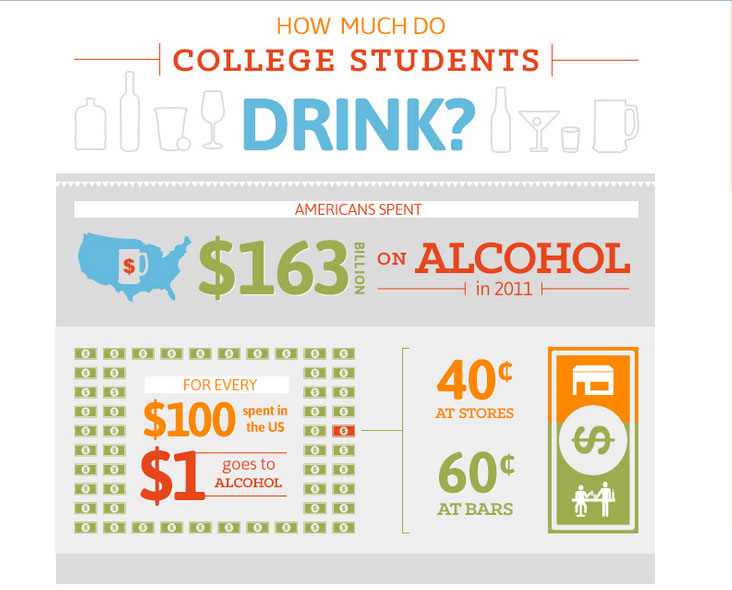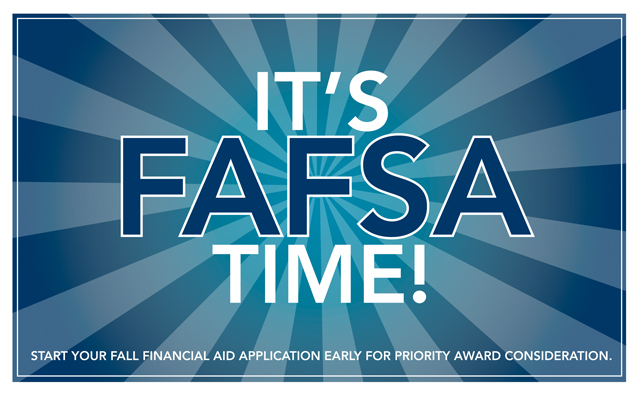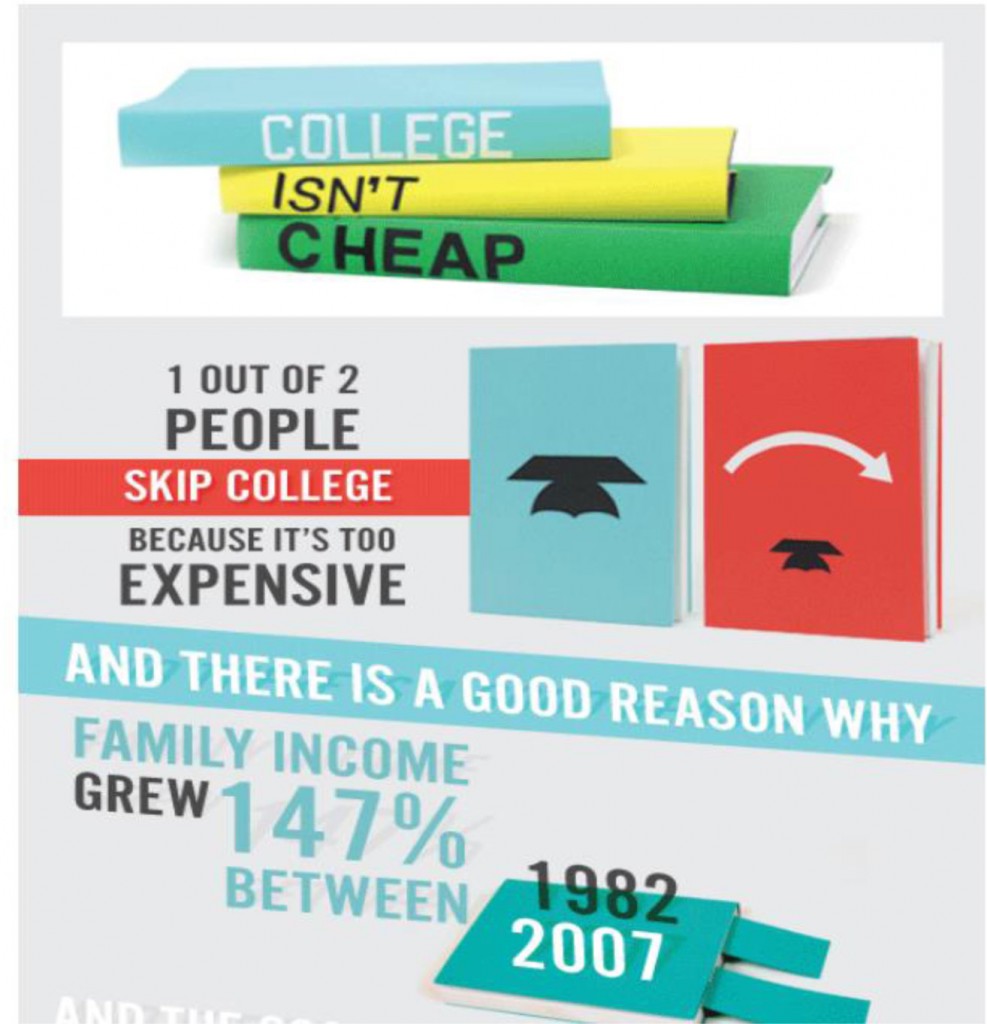 Parents rely on guidance counselors to help their students with college prep. They are under the misconception that a counselors job is counsel their student about college. But guidance counselors have little time to help your student. Research shows that the average counselor to student ratio is 470-1 and that they spend less than 20 minutes a year with each student.
Parents rely on guidance counselors to help their students with college prep. They are under the misconception that a counselors job is counsel their student about college. But guidance counselors have little time to help your student. Research shows that the average counselor to student ratio is 470-1 and that they spend less than 20 minutes a year with each student.
Just the facts
A recent article in Time, “The High School Guidance Counselor”, explains the problem:
In addition to huge caseloads, budget cuts have forced to counselors to increasingly contend with duties unrelated to their traditional roles, such as monitoring the school cafeteria or proctoring exams, says Eric Sparks, the ASCA’s assistant director. And few get more than scant training before taking on the job, says Alexandria Walton Radford, a former U.S. Department of Education official who has studied the issue. Many degree programs for school counselors don’t offer coursework on helping students make the best college choices, or getting financial aid, according to a national survey of counselors.
The result is an overtaxed system in which many students either never go to college, go to institutions that are the wrong for them, or never learn about financial aid for which they may qualify. According to Radford’s research, low-income, ethnic minority valedictorians and first-generation college applicants shy away from elite schools, unaware of scholarship opportunities; freshmen over-rely on friends and relatives for advice about college.
Knowing this, parents and students need to take action. You know the old saying, “the squeaky wheel gets the oil?” The same is true when it comes to dealing with guidance counselors. Don’t become a nuisance, but put your student at the top of the counselor’s to-do list.
Start early
Beginning freshman year, you and your student need to make contact with their guidance counselor. At the beginning of your teen’s freshman year (and each school year following to stay on top of your student’s progress), make an appointment to meet with the guidance counselor. This meeting will let the counselor know that you are an involved parent and that you will be taking an active role during your teen’s high school years. It will also serve to establish a relationship between your teen and the counselor which will benefit them in the future as they begin to require more and more help with the college application process.
Here’s a list of questions I composed for Zinch that you should ask at those meetings: 5 Must-Ask Questions for your Child’s Guidance Counselor
Take action
Since guidance counselors have multiple students to deal with and multiple deadlines to manage, you need to take action and verify that the action they should take is being taken and in a timely manner.
Paul Hemphill, of Planning for College, puts it plainly, “Over the next several weeks, colleges will deny a student’s application for admission because the student’s guidance counselor failed to send the paperwork in by the deadline.”
Paul suggests parents send 3 emails to their child’s guidance counselor that can prevent the heartbreak of your child’s application being refused consideration: Guidance Counselors Can Kill Your Student’s Dreams.
Note: Pikesville High School Counseling in Baltimore, Maryland has this to say: “I appreciate that you care about SCHOOL counselors’ lack of training in college planning, but I disagree about your recommendations. There are more productive and proactive ways than becoming the squeaky wheel…Like asking district and state leadership for smaller caseloads and more professional development for SCHOOL counselors.” Good advice. Get involved in your school community and ask for changes.










